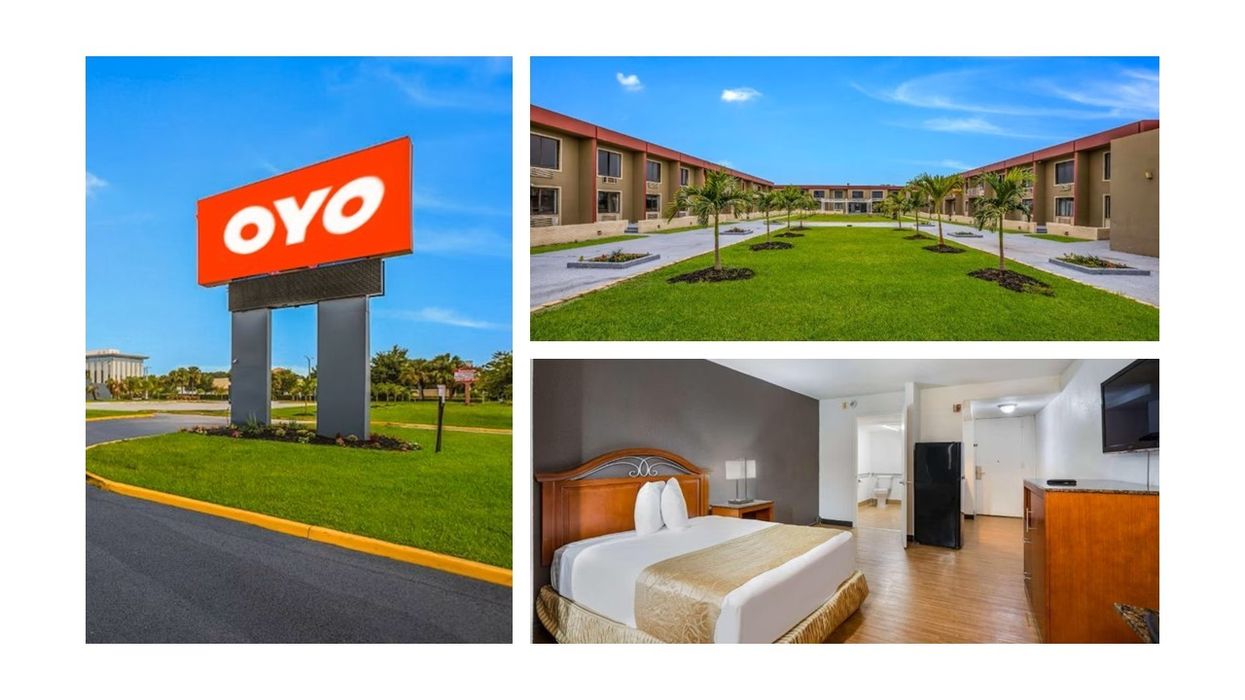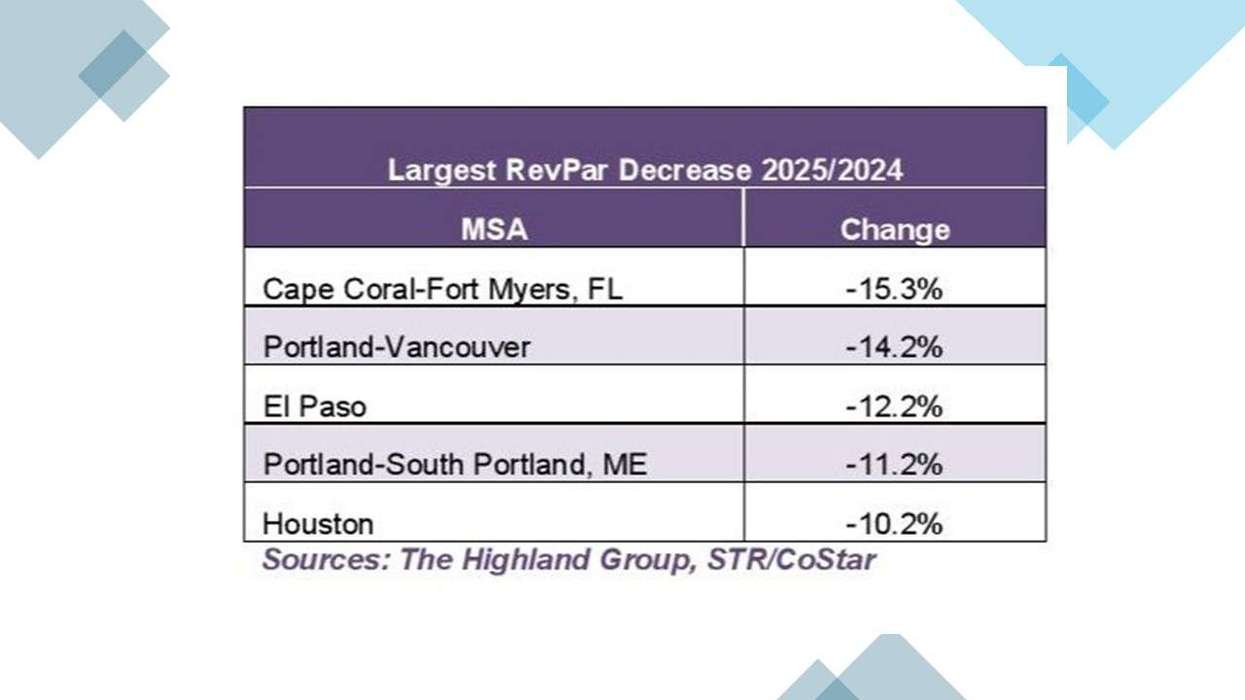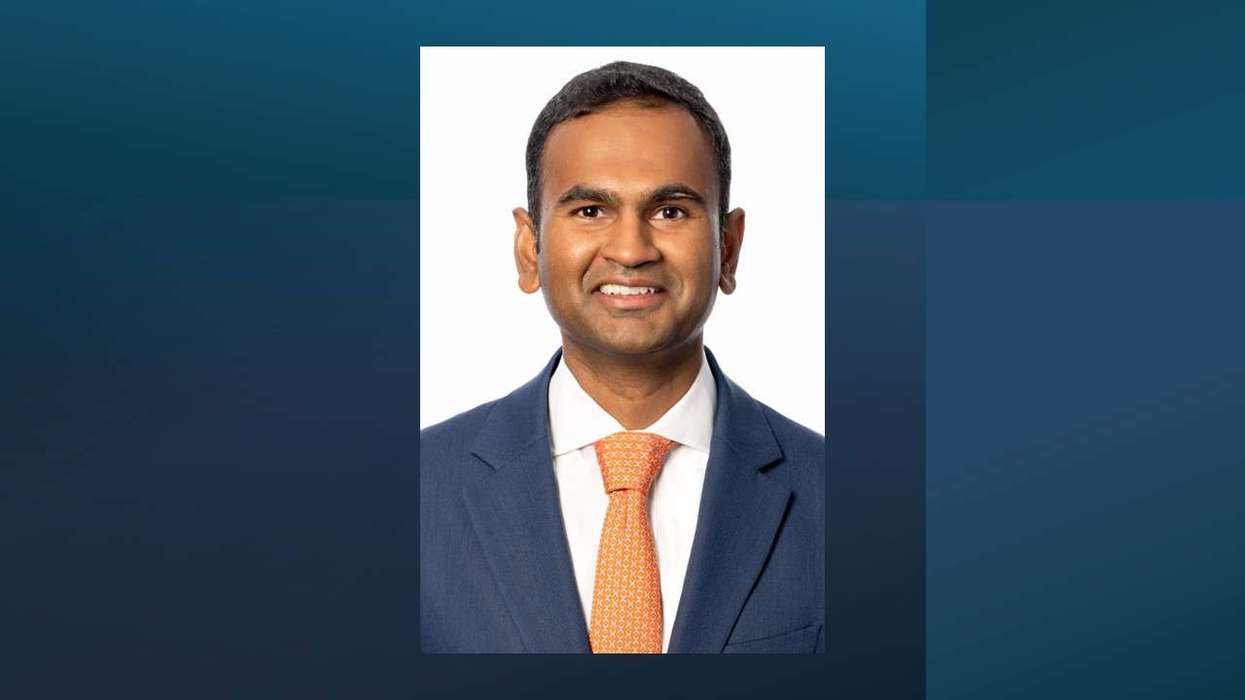Summary:
- OYO added more than 150 U.S. hotels in early 2025 and plans 150 more by year-end.
- Ten additions have more than 100 rooms, reflecting a focus on high-inventory properties.
- It is targeting urban and suburban markets in the Sun Belt and Great Lakes regions.
HOSPITALITY TECHNOLOGY COMPANY OYO added more than 150 hotels to its U.S. portfolio in the first half of 2025 and plans to add 150 more by year-end. The additions span Texas, Virginia, Georgia, Mississippi, California, Michigan and Illinois.
The company is focusing on high-inventory properties and has added 10 with more than 100 rooms, OYO U.S. said in a statement.
“2025 is shaping up to be a busy year for all of us at OYO,” said Nikhil Heda, head of development, OYO U.S. “We’re helping hotel owners drive revenue and improve operations through our technology. Our growing portfolio gives travelers more options, and momentum on our direct channels shows OYO is becoming a trusted brand for new and returning guests.”
Recent additions include the 400-room Palette Sunset Waves Resort in Myrtle Beach, the 130-room Capital O Kings Inn in Memphis, the 130-room Travellers Inn by OYO in Douglas, Georgia, and the 140-room Jackson Hotel and Convention Center in Jackson, Tennessee. All were previously independent hotels.
The company is exploring urban and suburban markets across the Sun Belt and Great Lakes regions, targeting areas with high demand and growth potential, the statement said.
OYO CEO Ritesh Agarwal, who also chairs G6 Hospitality, the parent of Motel 6 and Studio 6, recently launched a contest to rename Oravel Stays, offering a $3,500 prize.
Agarwal and G6 Hospitality CEO Sonal Sinha previously spoke with Asian Hospitality on leadership and success.






